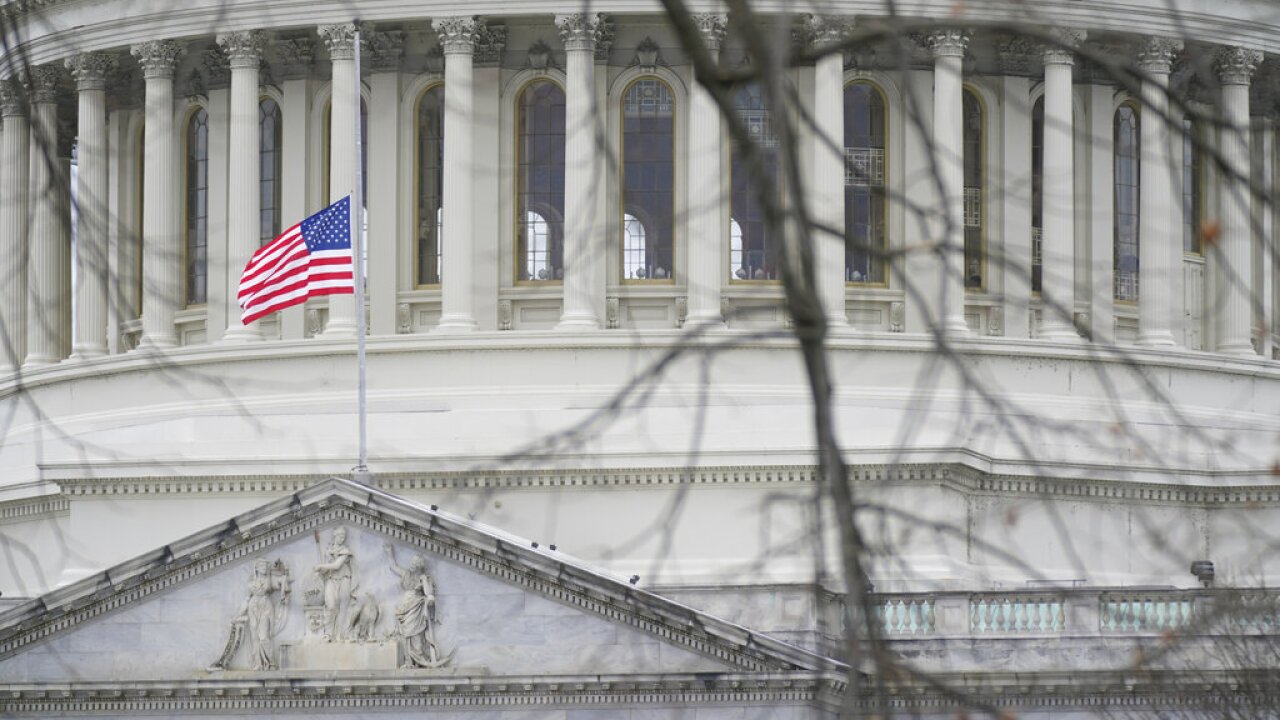The federal government shutdown has now stretched into its 16th day on Thursday with no resolution in sight, as Democrats and Republicans remain locked in a standoff over healthcare subsidies.
The prolonged closure is beginning to threaten critical food assistance programs that millions of Americans rely on.
The latest development came when the U.S. Department of Agriculture warned states this week that if the shutdown extends into November, the Supplemental Nutrition Assistance Program (SNAP) could be the next casualty of the political impasse.
Minnesota has already begun feeling the impact. The state's government website announced that as of 10 p.m. last night, they are no longer accepting new SNAP applications due to the shutdown.
Similar effects are being reported in Denver, where new SNAP applications are not being approved this morning.
This is different from other programs that have found workarounds.
The Trump administration used tariff revenues to keep WIC going and research and development funds to pay troops, but SNAP doesn't appear to be getting the same treatment.
The shutdown centers on disagreements over Affordable Care Act subsidies. Democrats, led by Senate Minority Leader Chuck Schumer, are demanding action on healthcare before agreeing to reopen the government.
"People get sick. People will lose their insurance. People will die. Plain and simple," Schumer said Wednesday on Capitol Hill. "Republicans know this, and yet neither Trump nor congressional Republicans are even trying to solve the health care crisis."
Senator Tim Kaine of Virginia, representing a state with many federal workers, said constituents have been supportive of Democrats' stance during his weekend travels around the state.
Kaine argued that without action, health insurance premiums will increase dramatically for millions of Americans when the ACA subsidies expire.
Republicans maintain their position that the government should reopen first, with healthcare negotiations to follow.
"I think the American people are wondering when the Senate Democrats are going to end their temper tantrum and vote to reopen the government," Senate Majority Leader John Thune said Wednesday. "Every day that this goes on, the problems are compounded for federal workers and for ordinary Americans."
However, Thune revealed in an MSNBC interview this morning that he has privately told Democrats he would allow a vote on extending the health care subsidies in exchange for reopening the government, though he wouldn't guarantee passage.
For such a deal to work, Democrats would need 13 Republican senators to join all 47 Democratic senators, plus commitments from House Speaker Mike Johnson to bring the legislation to a floor vote and from President Trump to sign it.
Potential Republican supporters could include moderate senators like Susan Collins of Maine, who faces a tough reelection, and Lisa Murkowski of Alaska, as well as retiring senators and those from states heavily impacted by premium increases.
Senator John Kennedy of Louisiana suggested Wednesday that the shutdown could extend past Thanksgiving, indicating the standoff may continue for weeks.
The shutdown's effects continue to ripple through government services, with federal workers furloughed and various programs suspended.
Unlike the Special Supplemental Nutrition Program for Women, Infants, and Children, which the administration has kept funded through alternative revenue sources, SNAP appears vulnerable to cuts if the shutdown persists.
This story was reported on-air by a journalist and has been converted to this platform with the assistance of AI. Our editorial team verifies all reporting on all platforms for fairness and accuracy.




